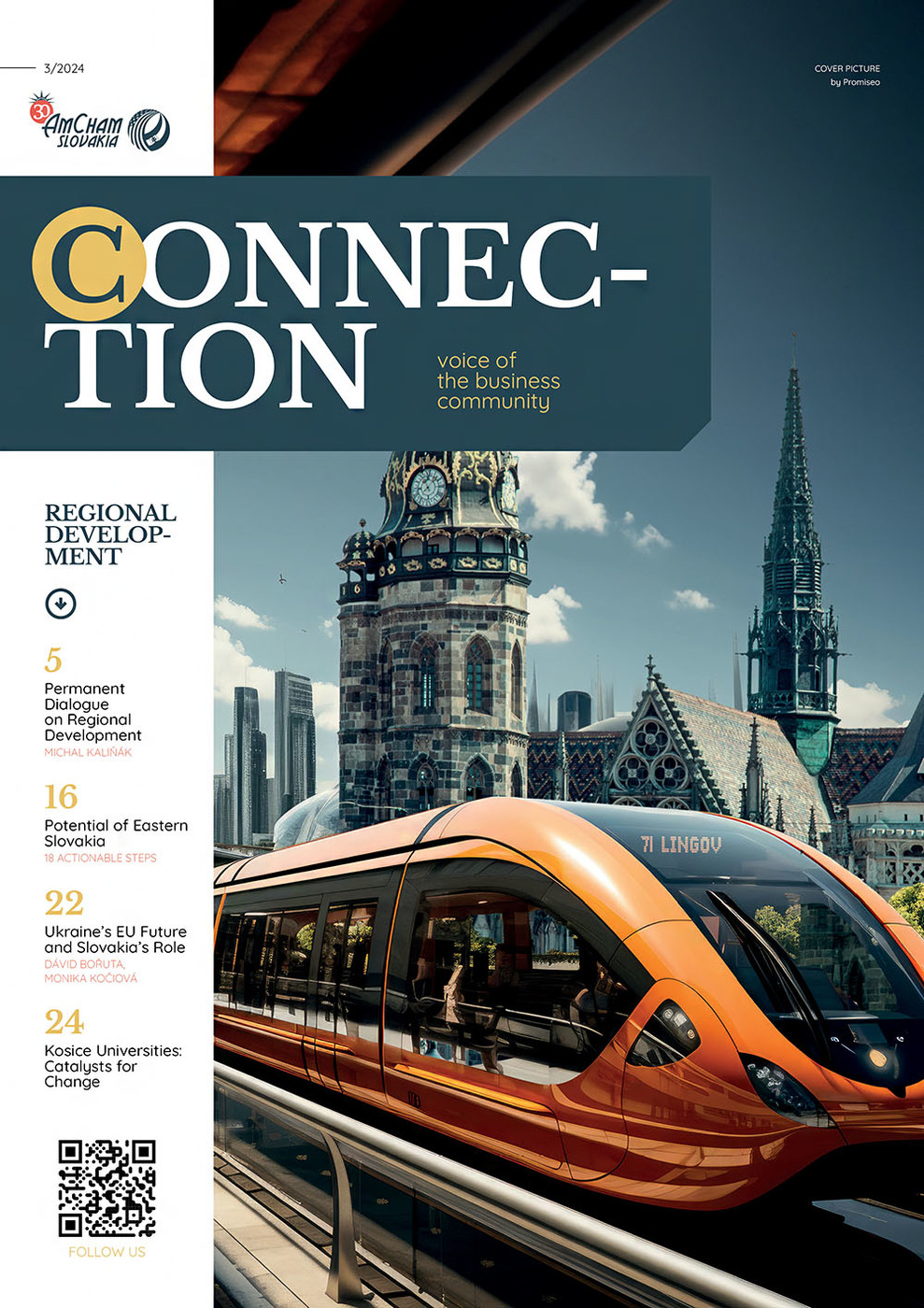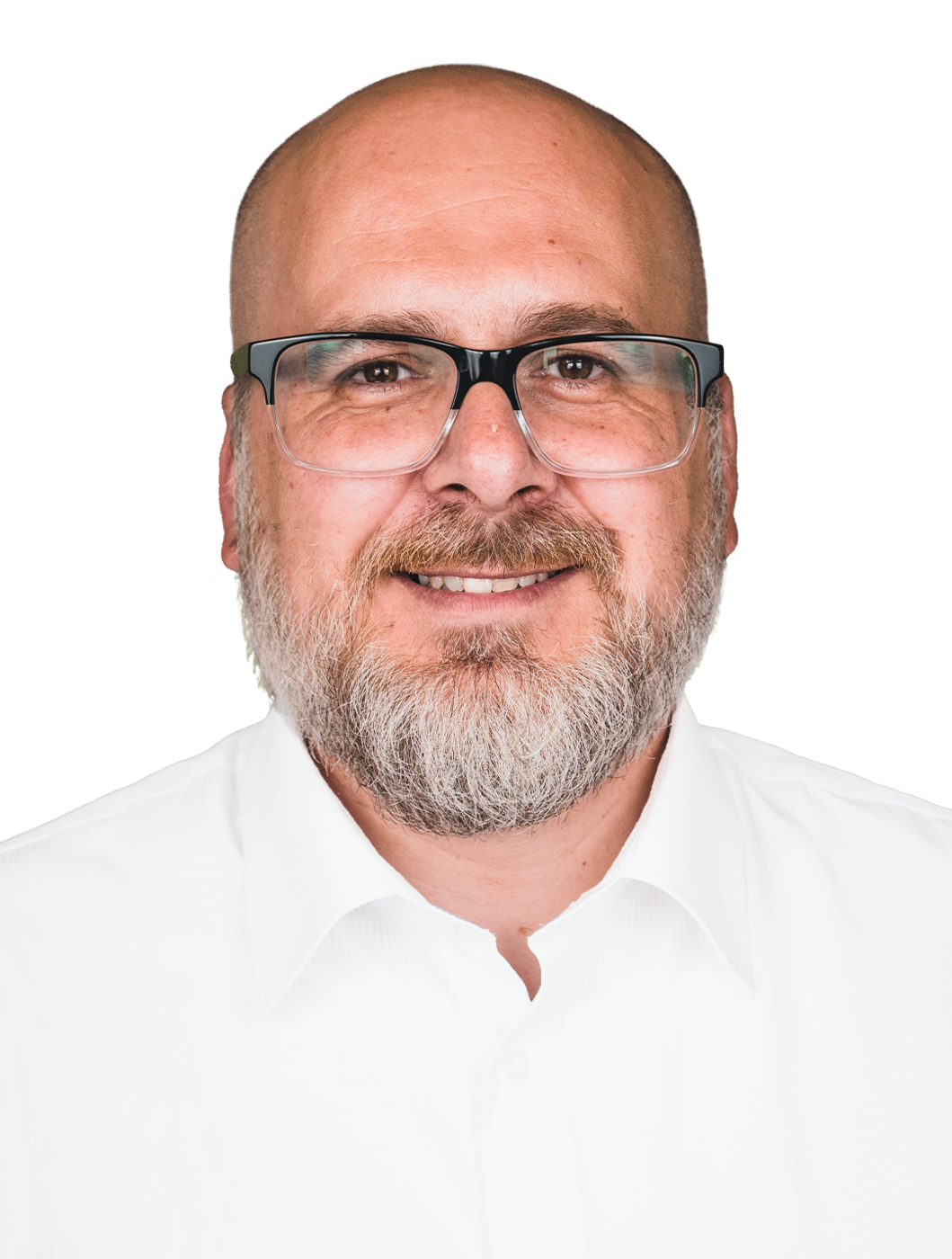We are working to create a system in which problems are not only identified, but also solved in an effective manner. It is useful to look in the symbolic rear-view mirror, where we can see concrete past activities. Every week we organize off-site resort meetings, always in a different district. They serve us as a checklist of activities and offer professional opposition before making further decisions. We also see the meaning of regional development in replacing fragmented sectoral approaches with coordination. We have set up the Council of the Government of the Slovak Republic for Regional Development and Cohesion Policy of the European Union. This is a platform for discussions before decisions are made and approved, this is a space for the debates among representatives of ministries, the private sector and local governments.
Poverty knows no skin color and affects mainly the least developed districts, which are characterized not only by the presence of marginalized communities but also by the fact that they are located close to the borders. This, on the other hand, can be their huge investment potential. Border districts are no periphery; they are a gateway to Slovakia. We have also found synergy with the Department of Labor in the emphasis on the social economy. Sustainable jobs are important for tourism, but also for regional development itself. We see more room for support for the social economy. We are changing the overall attitude to the least developed districts.
 Our ambition is to transfer them into priority districts. However, it is not a question of what we name them, but of prioritizing their support. During this year alone, we’ve adopted several changes, for example the possibility to contribute financially to the activities of mobile food stores, or to co-finance projects under Interreg, and also under the Swiss and Norwegian financial mechanisms. We have the ambition to launch the Fund for pre-project activities, as well as to offer unused state buildings and land to municipalities for public utility purposes.
Our ambition is to transfer them into priority districts. However, it is not a question of what we name them, but of prioritizing their support. During this year alone, we’ve adopted several changes, for example the possibility to contribute financially to the activities of mobile food stores, or to co-finance projects under Interreg, and also under the Swiss and Norwegian financial mechanisms. We have the ambition to launch the Fund for pre-project activities, as well as to offer unused state buildings and land to municipalities for public utility purposes.
We believe that the pace of economic growth will be accelerated by changes in public procurement, which are currently being discussed by the National Parliament of the Slovak Republic. We have just recently introduced the Partnership Map, a website which provides, for example, binding timetables for calls from both the EU funds and the Recovery and Resilience Plan for the Slovak Republic. We will be expanding this simple website by adding more details and information in the autumn. We can already announce that, in addition to the binding timetable of calls, we want to make the upcoming calls available for public comment as of the end of the year and onwards, to improve the communication with the regions in the best possible way. We are planning to create some sort of a ‘birth certificate of municipalities’, to see clearly what is needed in any given municipality. This is already linked to the review of the current program period, but also to the negotiations on the next program period. Slovakia needs a new strategic document - the Concept of the Territorial Development of Slovakia. The above mentioned ‘birth certificates’ can very appropriately point out investment opportunities in the regions. Permanent dialogue with local governments and the private sector is also important here.
We are at a point in time when we are creating our future – a future that needs to integrate partners and mobilize resources. This is about the opportunity to harness the potential of our regions. This is about the chance to create regional development based on dynamic cities and a vibrant countryside. The government’s program describes the actions in detail, and we have the space to shape them through discussion and then to enforce them. We see partnership with socio-economic actors as a sign of social responsibility, but also as an opportunity to become architects of our common future.
*****
Michal Kaliňák is a political scientist focusing on regional government. He worked as a spokesman and secretary of the Council of experts, then as a director general of the Association of Towns and Communities of Slovakia (ZMOS). He has been active in ZMOS for 10 years. He was a member of municipal councils in Medzilaborce, then in Prešov. He worked as a spokesman of the Town of Prešov, and head of the public communication department in Bratislava-Petržalka. He was an assistant to the President of the National Council of the Slovak Republic, advisor and spokesman to the Deputy Prime Minister of the Government of the SR for knowledge-based society, European affairs, human rights and minorities, director of communication department of the Ministry of Education, Science, Research and Sports of the SR and advisor to the State Secretary of the Ministry of Finance of the SR. He has been working in public administration and public relations affairs for 15 years as an external lecturer at universities. He regularly publishes in periodicals and was a member of the board of editors in a professional journal. Currently, he is a member of the Prešov regional parliament.
Michal Kaliňák, State Secretary of the Ministry of Investment, Regional Development and Informatisation of the SR, responsible for regional development and EU funds



Follow us